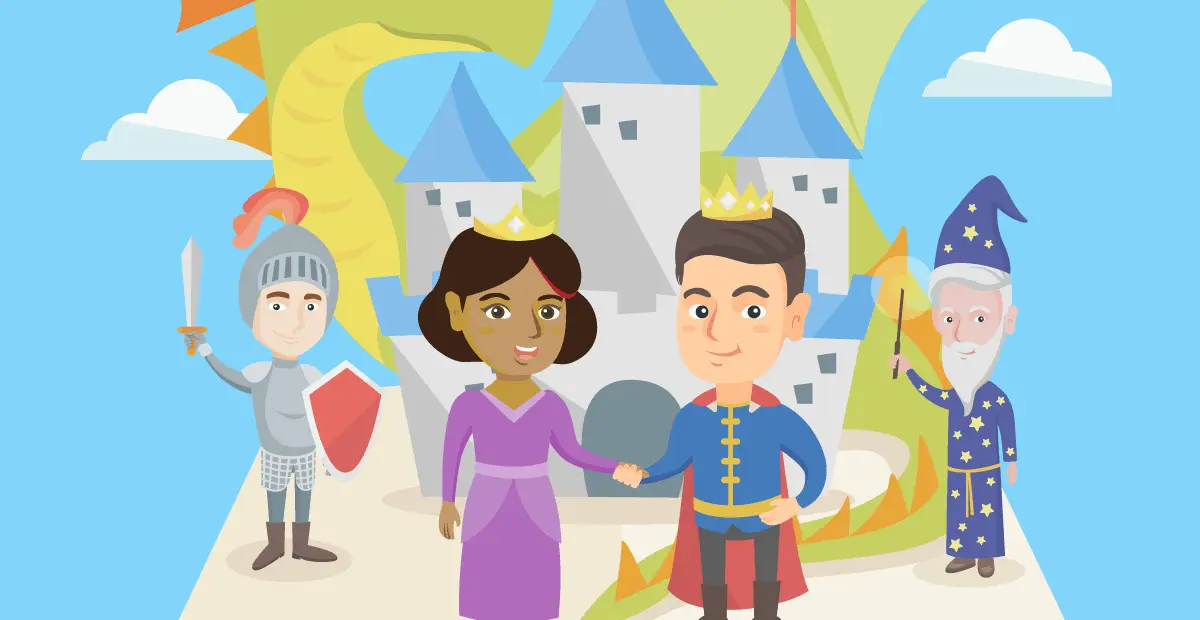How reading helps children learn social emotional skills
I am a lover of all things book and the written word. As a child, I was precocious and very curious. Thankfully, my father had a great passion for reading and ensured that I, along with my siblings, understood the importance of literacy and that it was something never to be taken for granted. “Many of our ancestors gave their lives for the right to read,” my father would often preach. I wanted to know what he was talking about. Why and how could this happen? In addition, my brain was alive with princesses, dragons, and secret gardens I got to meet often through what remains one of my greatest and most enduring loves, books.
Much of my advanced vocabulary, ability to articulate my thoughts and feelings, empathy for others, and sharp view of the world around me was a direct result of the abundance of books afforded me. I was a proud card-carrying member of the library! I loved checking out Puff the Magic Dragon with its accompanying record tucked in the back (yes, I am proudly dating myself), The Secret Garden by Frances Hodgson Burnett and Roll of Thunder Hear My Cry by Mildred D. Taylor.
These books and many others whisked this little Black girl from small city Portland, Oregon to unknown lands of epic trials and triumphs. The ability to read, write, comprehend, and decode the written word was just the beginning. The pure enjoyment of reading was the vehicle that aided me and will ultimately do so for our students today; expanding their minds to the immeasurable possibilities for connection with each other and the world around them.
As the Director of Content Development for Friendzy, a Social Emotional Learning (SEL) program for K-8 students, I continue my literacy evangelizing. After all, I am the daughter of a preacher! Research has shown that reading supports SEL. At Friendzy we frame our SEL literacy supports through five distinct frameworks:
-
Learning social-emotional skills.
Reading helps children gain a greater understanding of emotions, which can help them understand their own emotions and those of others.
-
Develop empathy.
Reading a story creates space for kids to imagine themselves inside the story. This allows them to develop empathy as they experience the lives of other characters and can identify with how they are feeling.
-
Practice perspective-taking.
Reading allows children to learn about a wide array of people, places, and events that they may not otherwise experience.
-
Improve cognitive development.
Reading provides children with a deeper understanding of the world and fills their brains with a wide range of knowledge. They then use this acquired knowledge to make sense of what they see, hear and read.
-
Builds relationships and connections.
Reading brings a classroom of students together for a shared adventure. It also provides parents with an opportunity to have dedicated time with their children. Reading together provides kids with feelings of connection, attention and is nourishing to the soul.
For more information about Kids Read Now, contact us.



